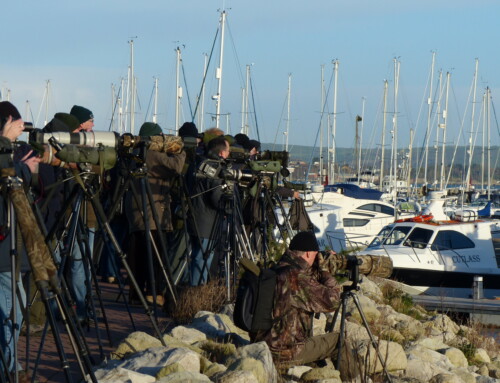
The British Ecological Society (BES) is a member-based organisation with almost 7,000 members globally. Inclusivity is a core value of the society and if I had to describe the work I do at the BES, I bring people into ecology, support them to stay here and help ecologists share with the rest of the world, why their work matters.
Ecology and ecologists are themselves very broad terms, one step down from saying science and scientist so they don’t really tell you much about what a person does. The skills, knowledge and day to day professional experience of a small mammal conservation ecologist will be very different to that of a climate change modelling paleoecologist. The diversity of the subject can leave people feeling isolated in their place of study or work, we all learn and work better when we can bounce ideas of others, when we can share skills and talk through problems.
Undergraduate, Master and PhD students are more vulnerable to this sense of isolation as they don’t yet have the professional networks beyond their immediate place of study.
Organisations like BES and the BOU then have a really important role to fill providing a space for people to connect to others with the same and similar professional interests. Beyond general careers advice, we can provide more specialist support through special interest groups. We have 19 of them at the moment, they are however based around the research and professional disciplines, from agricultural to tropical ecology with citizen science, teaching and learning in the mix.

But someone can feel isolated for many reasons and providing dedicated networks allows their members to tackle the specific challenges that arise. Gender, race, ethnicity, sexuality, physical and mental health, caring responsibilities and socio-economic upbringing and financial resource all bring additional challenges to managing personal and professional lives. A one size fits all approach doesn’t work and supporting our communities is an ever-evolving process but they all need safe spaces to talk with others experiencing the same challenges, to give and receive support.
The ecological and environment sectors are not diverse sectors, and the one advantage of social media and an increasingly digital world is that the physical barriers of distance are broken. Community led networks can provide the safe spaces people need and one such example is the REED Ecological Network.
REED is the acronym of Racial and Ethnic Equality and Diversity. It is only open to people who self-identify as individuals who are or have experienced racism and marginalisation within the ecological sciences and related disciplines.
It was founded in 2020, it’s established itself entirely during a global pandemic when people have not been able to meet face to face, it was founded primarily for UK based ecologists but has seen strong uptake from our international members. What began with two people, 12 months later is a busy network of 60 ecologists. The network is led by its members supported by BES staff to develop their communications plans, the outputs and resources. It has its own logo about to be launched, a committee and programme of activities and closed webinars, but beyond that it also self-mentors its own members, there is a lot of PhD application writing at the moment (half seem to be applying and half seem to be mentoring).
Please do contact karen@britishecologicalsociety.org if you would like to be added to the mailing list.
If you are interested in contributing to the #BOUdiversityBlog, please get in touch with us via this form which ensures anonymity for those who seek it.
Image credit: CCO GDJ pixabay.com




